Vinyl Siding in Humid Summers: Why Maryland Homeowners Choose Vinyl
June 16, 2025
•
Written By
Goldstone Contracting INC.
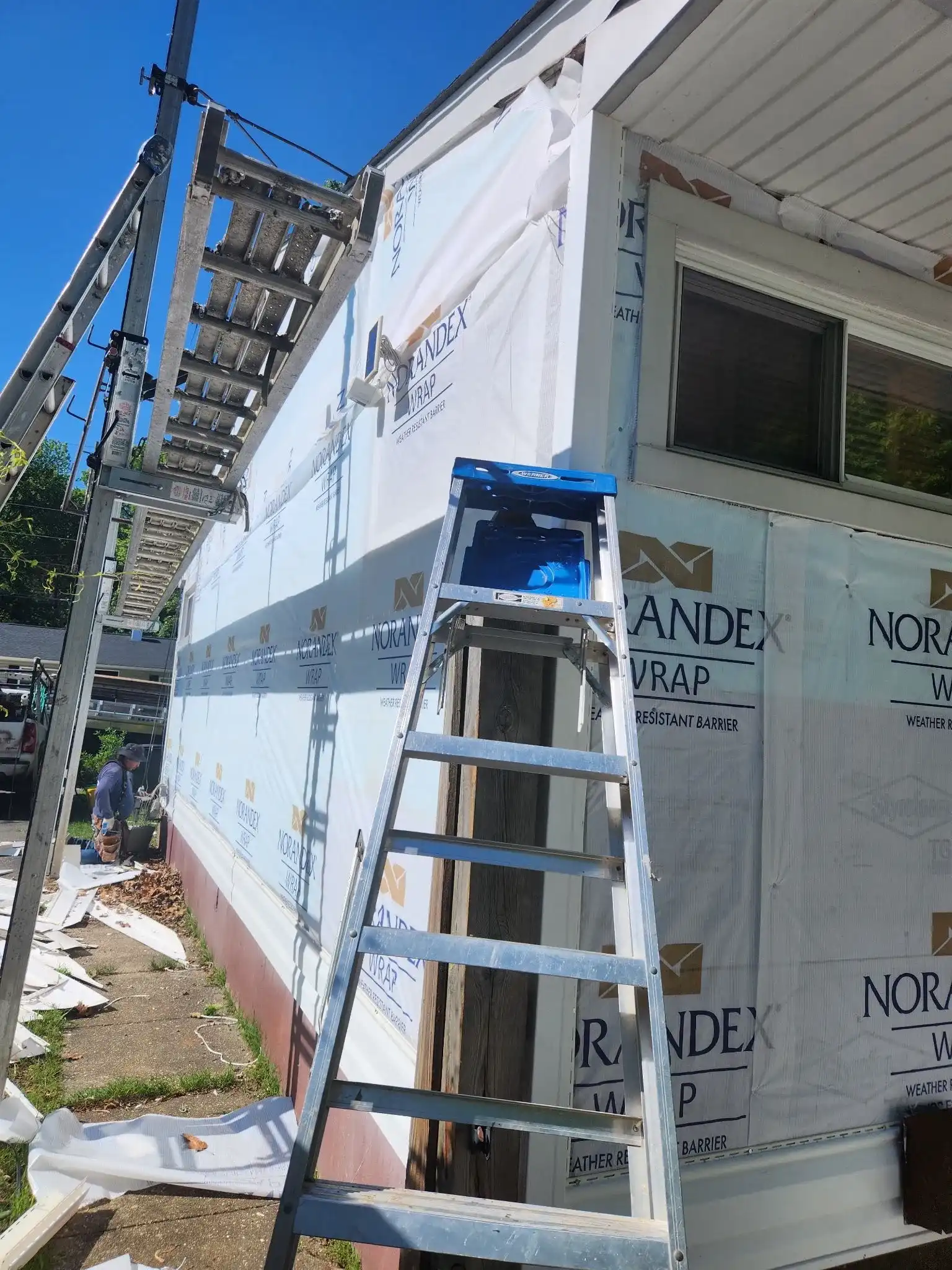
When the July heat index creeps up past 100°F and the air feels like steam, your home’s siding takes the brunt of Maryland’s muggy summers. That’s exactly when homeowners start worrying: Will my siding buckle, mold, crack, or fade? The good news: many Maryland homeowners turn to vinyl siding as their go-to answer. Here’s why — and how you can choose wisely, maintain it well, and rest easier during each hot, sticky season.
A Breathable Shield Against Maryland’s Humid Summers
Maryland’s Climate Puts Pressure On
In Maryland, summers are hot, sticky, and unpredictable. High humidity, frequent thunderstorms, and afternoon deluges create the perfect storm for siding trouble. Materials that absorb moisture or that lack UV stability often suffer warping, rot, mildew, peeling paint, or shortening of overall lifespan.
Why Vinyl Siding Holds Up
- Moisture Resistance
Vinyl siding doesn’t absorb moisture. It’s less prone to rot, mold, or termite damage compared to wood. - Low Maintenance Under Stress
You won’t have to re-stain or re-seal annually — a gentle wash now and then usually suffices. - Thermal and UV Protection
Modern vinyl is formulated with additives that resist fading, heat damage, and color degradation even under strong summer sun. - Affordability + Longevity
In Maryland, properly installed vinyl siding often gives 20–30 years of reliable service, depending on exposure. - Design Flexibility
You can get vinyl in many textures, colors, and profiles — so you don’t have to sacrifice style for performance.
Because of these strengths, many homeowners in humid regions like Maryland rely on high-quality vinyl siding — especially in neighborhoods where budget, ease of maintenance, and curb appeal all matter.
Common Pain Points (and How Vinyl Solves Them)
Marylanders often mention these frustrations when considering siding:
- “My siding is peeling, warped, or cracked by mid-summer.”
- “We get mold or mildew growth on the north or shaded sides.”
- “Our energy bills spike in July and August.”
- “I dread repainting or re-staining every few years.”
Here’s how good vinyl siding (installed correctly) helps:
- It resists moisture penetration and doesn’t foster fungal growth.
- It tolerates thermal cycling without warping.
- Insulated vinyl options can reduce heat transfer and ease HVAC strain.
- You skip the endless repaint or restain cycle so many wood siding homeowners lament.
In short, vinyl addresses many of the common exterior anxieties in humid summers — provided you pick the right grade, install properly, and maintain gently.
Choosing & Maintaining Vinyl for Humid Regions
Below, find a practical checklist to help you choose and care for vinyl siding with humid summers in mind:
Vinyl Siding Selection & Installation Checklist
- Choose medium to heavy-gauge vinyl — thinner panels more easily warp or buckle in thermal stress.
- Opt for insulated vinyl siding (foam backing) to boost thermal performance and reduce interior temperature swings.
- Ensure proper ventilation and weep channels behind the siding.
- Use quality flashing, caulk, and correctly spaced fasteners to prevent water infiltration.
- Pick UV-resistant color finishes (lighter tones reflect heat better).
- Ask your contractor to plan for expansion and contraction allowances during installation.
Seasonal Maintenance Tips for Humid Conditions
- Spring & Fall: Rinse with mild detergent (1:10 mix) and water to remove pollen, grime, mold spores.
- After storms: Inspect for loosened or bent pieces, gaps, or debris lodged behind siding.
- Shade side care: The north or heavily shaded walls may see more mildew — spray a diluted bleach or mold-cleaner solution if needed.
- Gutter cleanup: Keep gutters clean so overflow doesn’t run down siding surfaces.
- Occasional inspection: Look behind downspouts, around windows, and at transitions to make sure water isn’t sneaking behind the siding.
By following that guidance, you help your siding perform closer to its full lifespan — even under Maryland’s muggiest skies.
Real-Life Gains for Maryland Homes
Lower Cooling Bills & More Comfort
Insulated vinyl siding can reduce heat gain through exterior walls, so your air conditioner doesn’t have to work overtime.
Better Curb Appeal, Less Hassle
Vinyl offers vibrant color options and textures that endure, without the endless chores of repainting or sealing.
Durability Against the Elements
From thunderstorms to humidity to sun exposure, vinyl holds up well when properly installed — especially compared to untreated wood options that degrade in such climates.
Upfront Cost That Delivers Value
Because vinyl is more affordable than premium materials like fiber cement, you can achieve a strong return on investment without overspending. Many Maryland homeowners see great value in balance between cost, performance, and longevity.
Wrap-Up & Take Action
Humidity, heat, and summer storms are challenges — but not showstoppers — when your siding is thoughtfully selected and professionally installed. Vinyl siding remains a favorite among Maryland homeowners for its resilience, low maintenance, energy benefits, and design flexibility. But the key lies in choosing the right product, doing the job correctly, and maintaining with care.
If you’re ready to explore vinyl siding options or want a professional assessment tailored to your Maryland home, reach out to Goldstone Contracting, Inc. Our local experience, climate-aware approach, and commitment to quality mean you can trust us to guard your home — even through the hottest, muggiest months. Call Goldstone Contracting, Inc. today for a consultation and let us help you install siding that outlasts the summer sweat.
Recent Articles
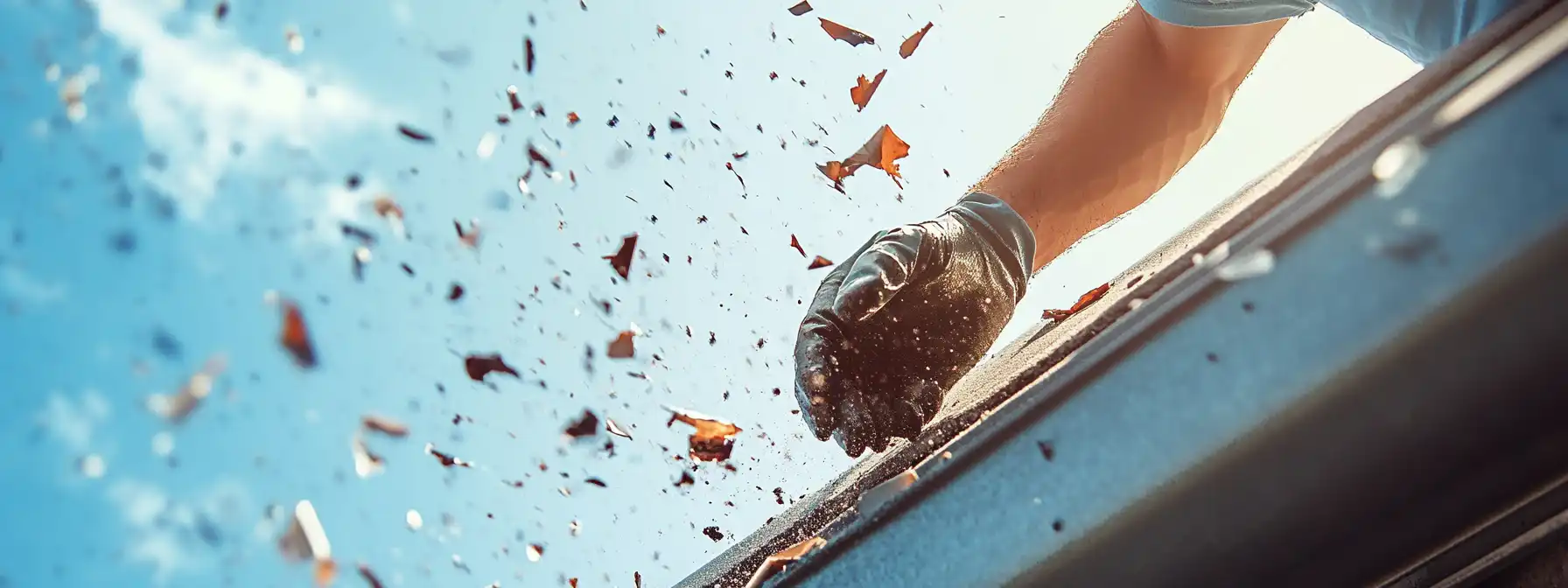
Residential Gutters
Fall Gutter Maintenance Tips: Prevent Clogs and Damage
As the seasons change, keeping your gutters clear is crucial to prevent costly damage. Our fall gutter maintenance tips will help you stay ahead of clogs and protect your home.
September 15, 2025
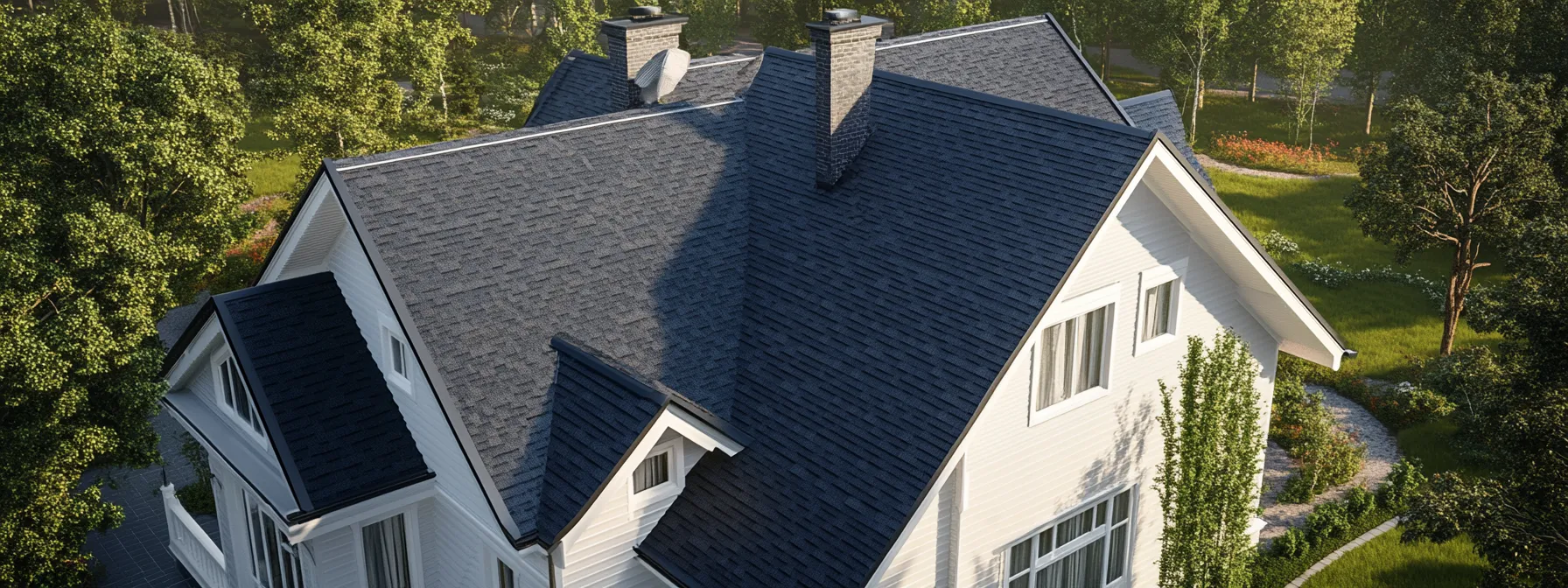
Roofing
Maryland Roofing Regulations for Homeowners: What You Need to Know
As a Maryland homeowner, it's crucial to understand the roofing regulations that govern your area. Explore the essential guidelines and requirements to ensure a successful and compliant roofing project.
September 8, 2025
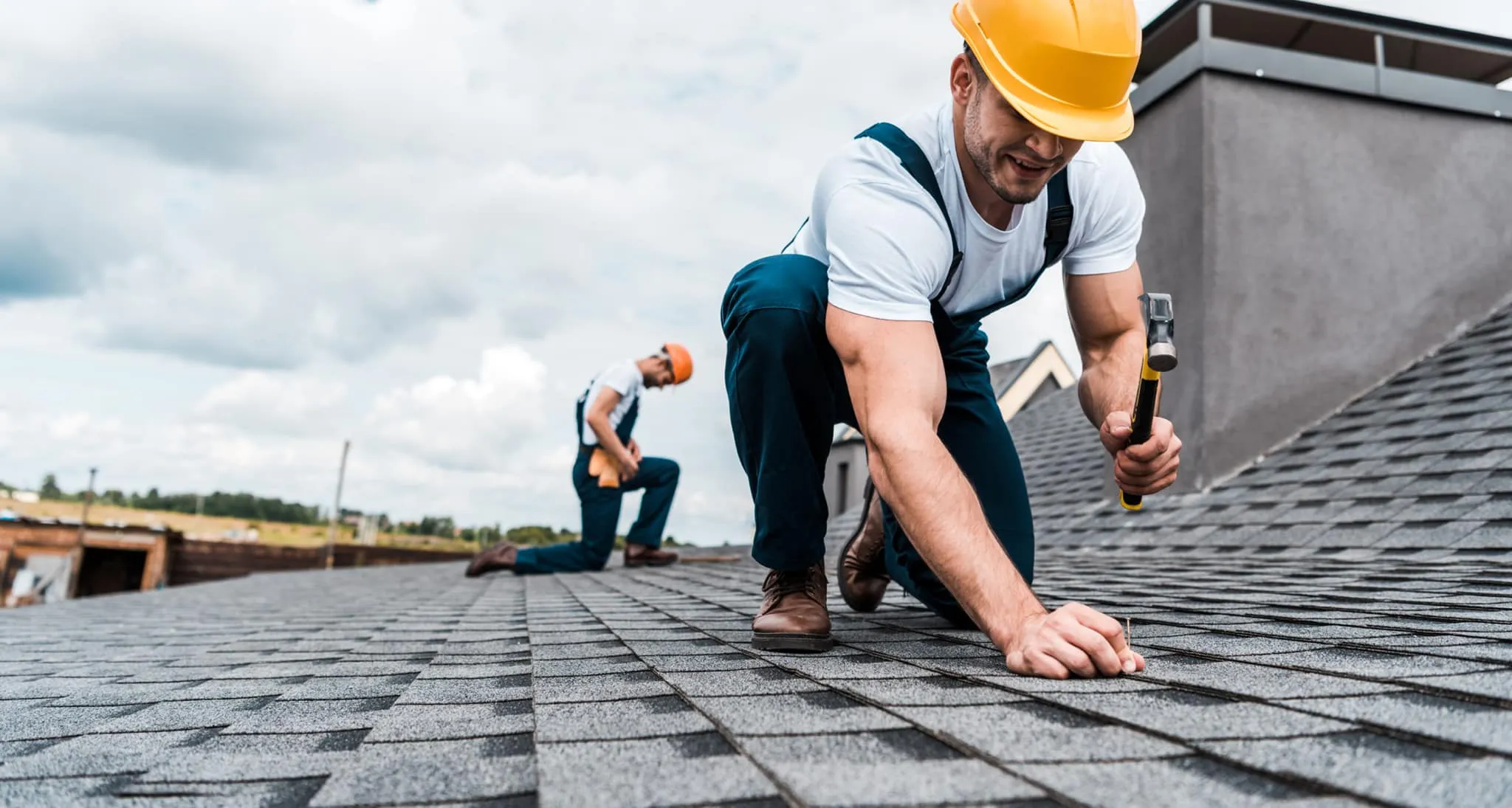
Roofing
Roofing Materials for Humid Climates: Choosing the Right Option
When you live in a humid climate, choosing the right roofing materials is crucial. Explore the top options that can withstand moisture and heat while enhancing your home's energy efficiency.
September 1, 2025
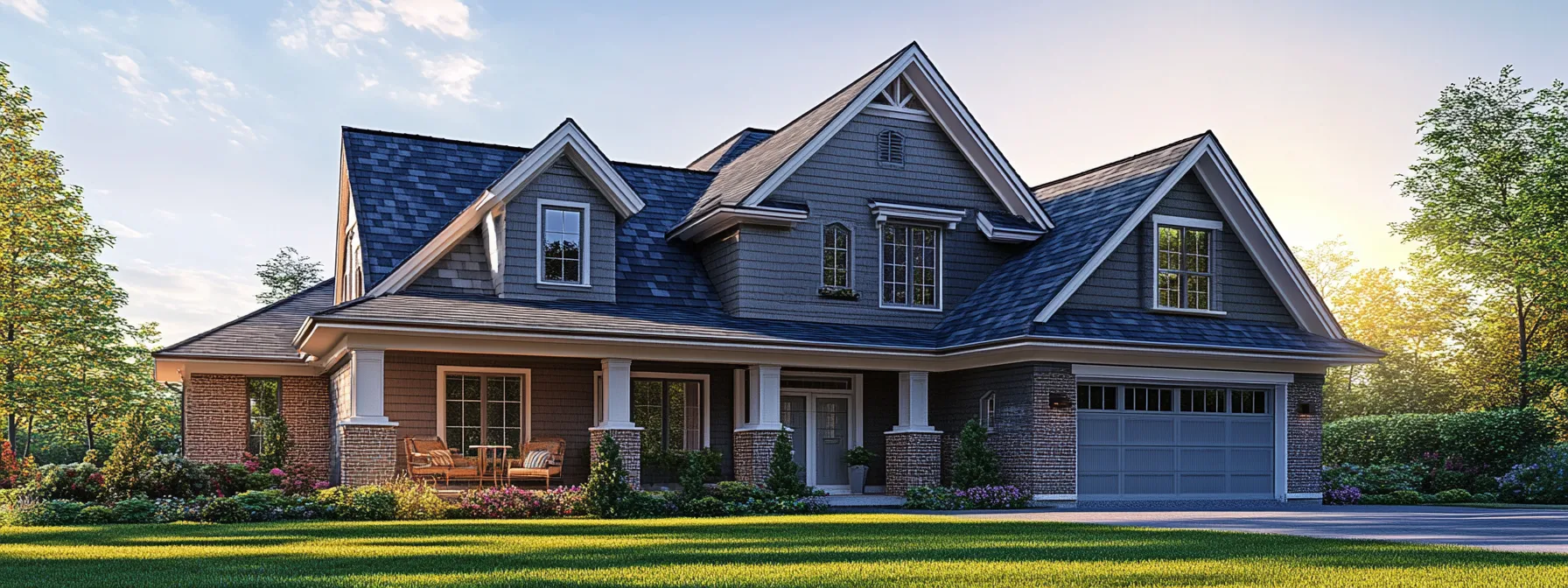
Roofing
Germantown Roofing Company Reviews: Finding the Best Contractor
Searching for a reliable Germantown roofing company? Explore genuine customer reviews to find the best contractor for your home improvement needs.
August 25, 2025
